Virtual Conference Agenda
Embark on a journey through time at our virtual conference series “Growing Together: Past, Present, and Future,” taking place on Zoom over three days.
On the final day of our virtual conference, “Growing Together: The Future,” we focus on the horizon, exploring how the seed community can adapt, innovate, and mentor future generations to cultivate a resilient and thriving agricultural landscape. This day is dedicated to fostering intergenerational collaboration, developing creative partnerships, and implementing sustainable practices that will carry us forward.
Presented by Birndze Bete
This session will explore the intersection of climate change and agriculture, focusing on agritech and sustainable solutions that participants can implement within their communities. Participants will learn how initiatives have used this approach to train young people in Africa, helping them learn the origin of their food and engage them in practical, hands-on training in regenerative community gardening, organic urban gardening, and climate-smart agricultural technology solutions.
Josie Walker and LaShauna Austria
The One Seed, One Community Project wants communities to grow and save the same seed. After relative success completing the project with adults, its leaders augmented its design with aspirations to ignite a desire in teenagers to preserve heirloom seeds as a way to both bridge the gap to our ancestors and secure our future. This session will explore experiences with both versions of the project, some strategies to improve and expand the augmented design, and ways others can develop derivative programs to cultivate future seed savers.
Mary Ann V. Smith
Many avid gardeners learned the hobby and skills from another person in their lives. However, many young people today think that growing their own food is beyond their reach. This session explores activities for students and community members that will remind them of the wonder that comes with growing plants at home. It will also examine ways large and small to engage students from kindergarten through college (as well as community members) in backyard gardening, including seed starting and collecting.
Presented by Barkha Bishnoi and Maddie Yang
Learn about Plant It Forward—an exciting new initiative that plans to promote food accessibility and sustainable practices by establishing seed libraries in public libraries. This program will provide free seeds for community members to grow their own food, resources to empower them with knowledge on gardening, nutrition, and sustainability, and opportunities for them to donate seeds to create a self-sustaining model. Its overarching goal? To get kids involved in gardening and teach them why biodiversity is important and how to become more self-sufficient in providing their own food.
Presented by Jamie Hanson, SSE orchard manager
Over the past six years, DNA testing has transformed the understanding and preservation of apple varieties. Since 2023, Seed Savers Exchange has tested 340 trees from its collection of more than 1,000, uncovering valuable insights and connections. This session will explore what we’ve discovered so far, how national collaboration is shaping the future of apple preservation, and how you can contribute.
Day 3 Speaker Bios
Our featured participants are finalized and submitting bios and headshots. This page will be updated as information is confirmed and turned in.
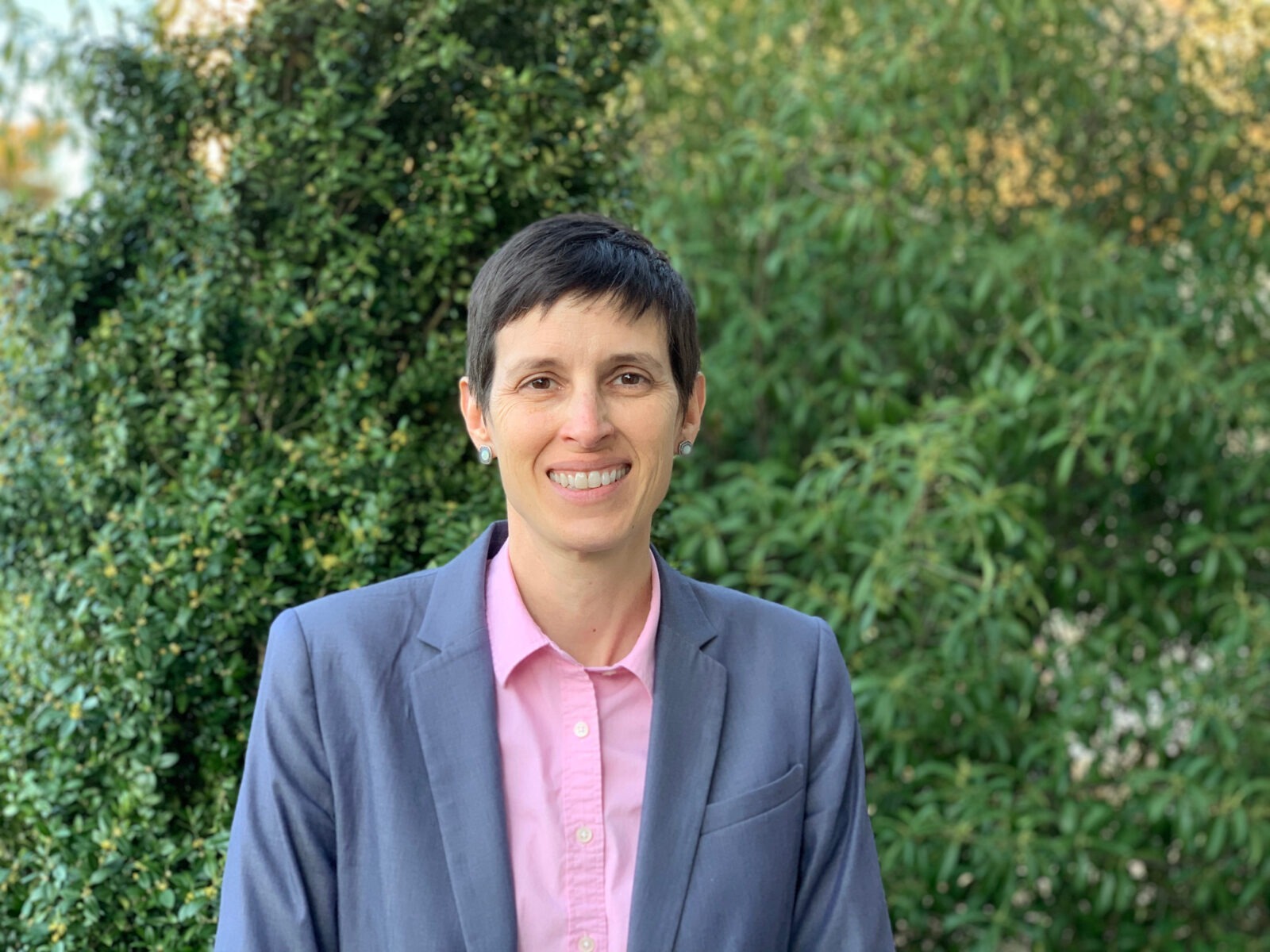
Executive Director, USBG
Dr. Susan Pell is the executive director of the United States Botanic Garden (USBG) and an expert in the systematics of the cashew family (Anacardiaceae). She holds a Bachelor of Science degree in biology from St. Andrews University in North Carolina and a doctorate in plant biology from Louisiana State University. Susan has spent her career in public gardens as a botanist, educator, and leader, and has traveled the world to collect plants for scientific study. She has held positions at the New York Botanical Garden and Brooklyn Botanic Garden and was an American Association for the Advancement of Science (AAAS) Science and Technology Policy Fellow at the National Science Foundation. Susan is the author of A BOTANIST'S VOCABULARY, an illustrated dictionary of plant structural terminology, several book chapters, and dozens of peer-reviewed articles. At the USBG, she is committed to helping the Garden achieve its mission to inspire people to appreciate, study, and conserve plants to enrich society locally and globally. She is dedicated to diversifying the Garden’s collections and offerings and serving its diverse visitorship.
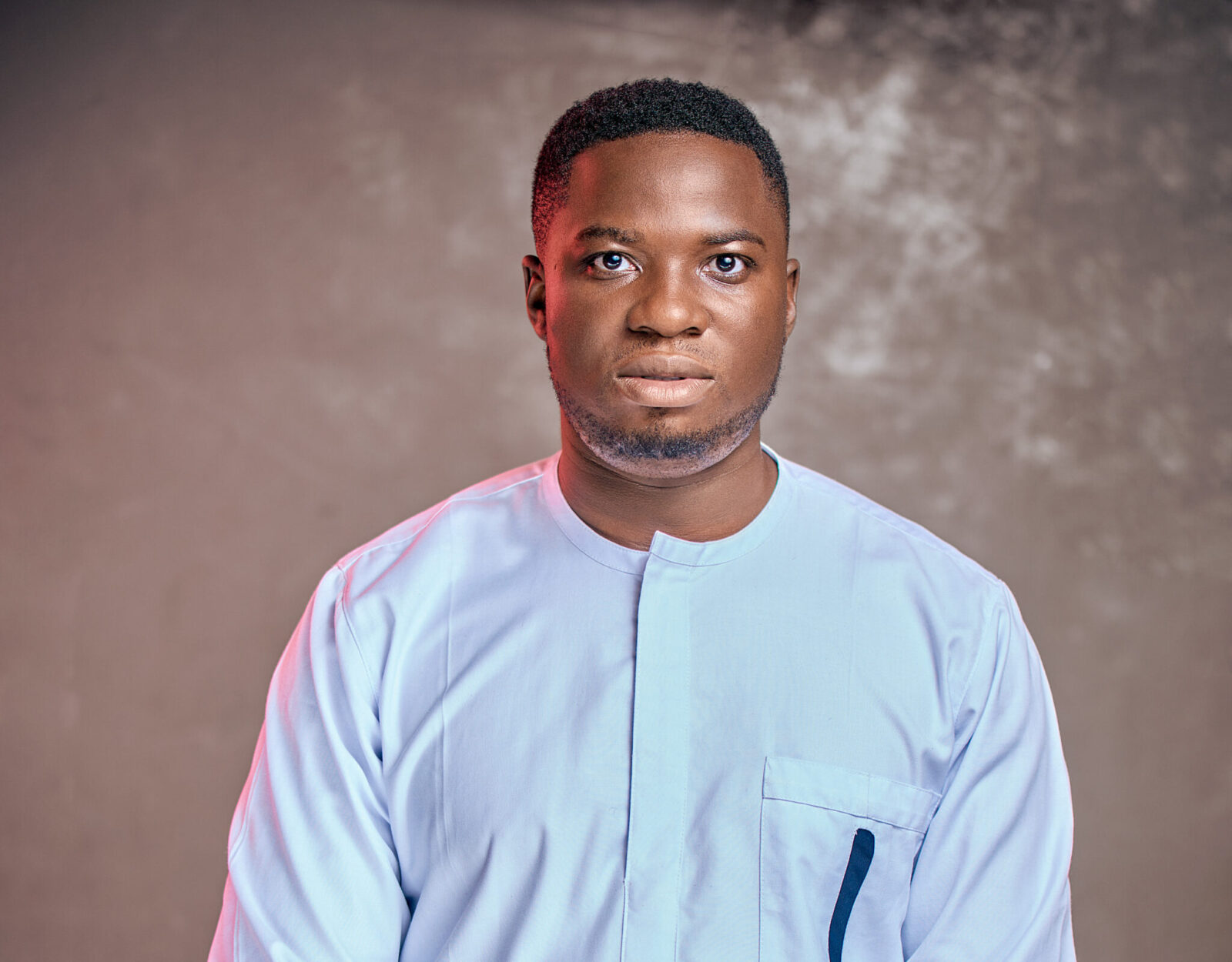
Founder, Green Space Academy
Birndze Bete is an African social entrepreneur and the founder of Green Space Academy, a youth-led climate initiative that bridges the gap between climate knowledge and action by engaging, equipping, and inspiring the next generation of African climate leaders. He has also launched two other high-impact, youth-led initiatives—Youth Connect Innovation Lab and CAED Africa—which focus on youth social innovation and sustainable agritech. In 2024, Birndze was honored as one of the “EE 30 Under 30” youth leaders by the North American Association for Environmental Education.
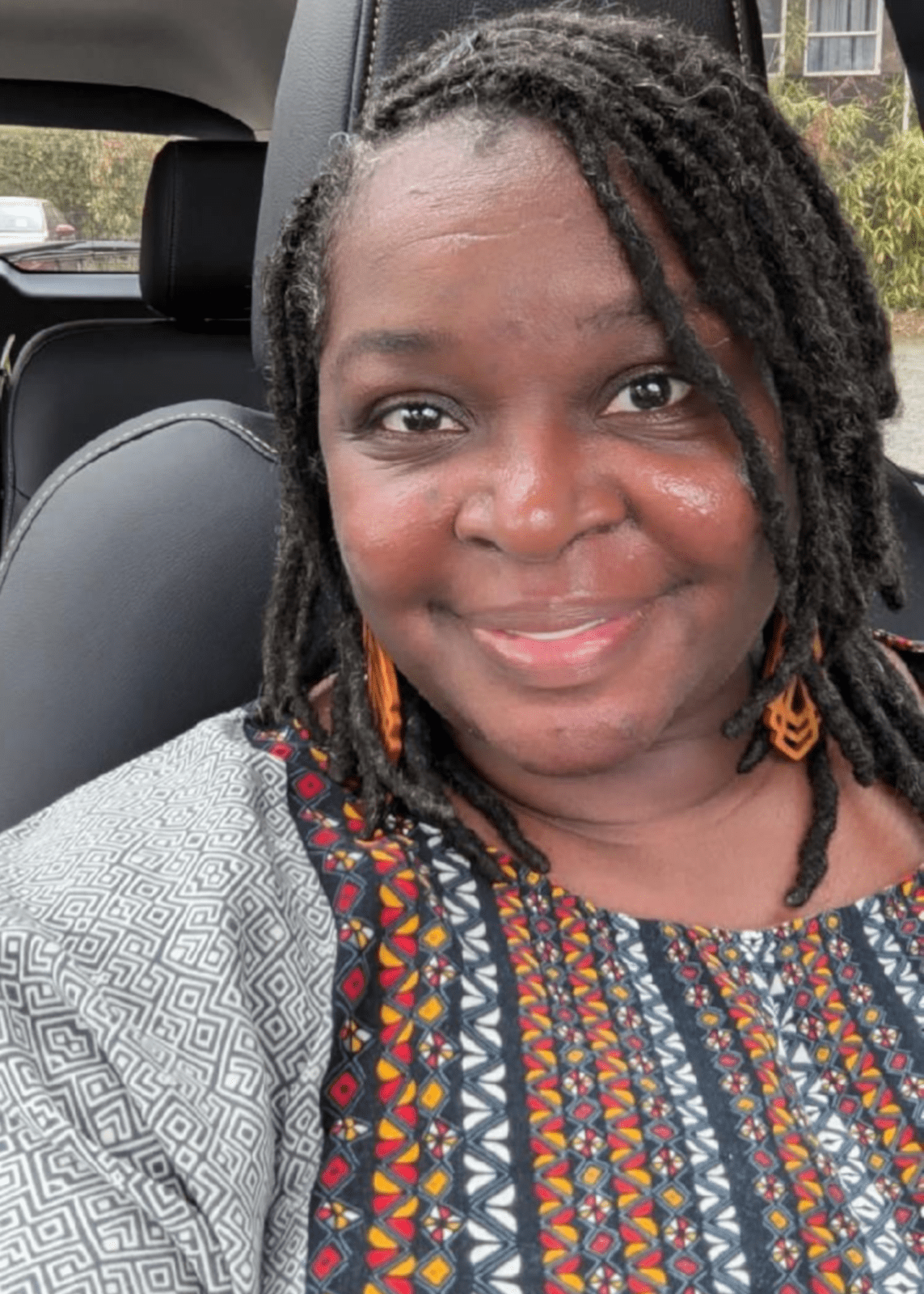
Co-founder of Black Seed Saving Collective
LaShauna Austria is a co-founder of Black Seed Saving Collective. LaShauna, an ordained minister and community organizer, owns and operates Seeds of Change Consulting and Kindred Seedlings Farm. Her work cultivates land and community, specializing in anti-racism work in the food system.
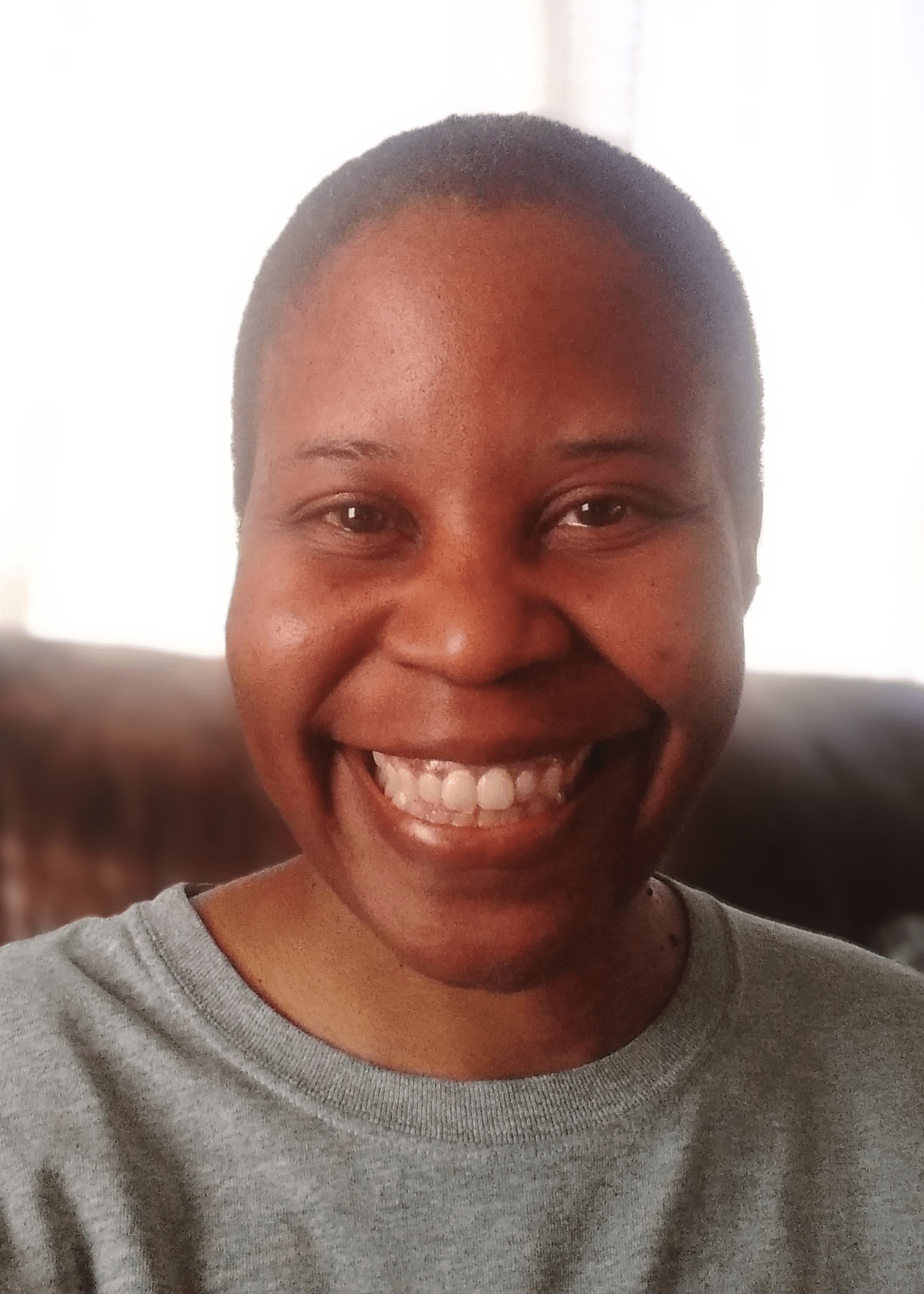
Co-founder of Black Seed Saving Collective
Josie Walker is the co-founder of Black Seed Saving Collective. Josie is a sustainable agriculture, food access, and food sovereignty advocate with a love for how seeds have kept and will continue to sustain her people.
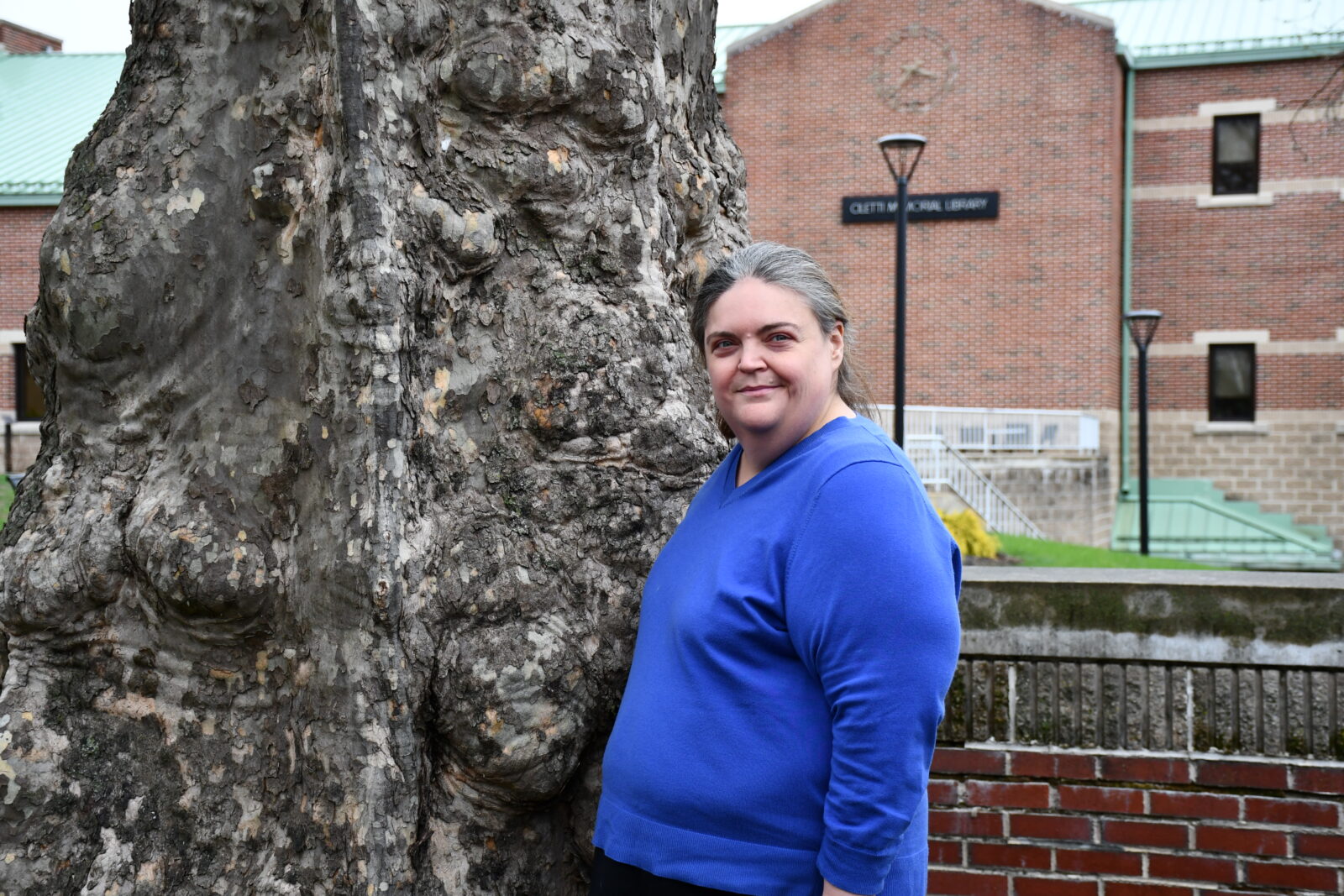
Faculty Member, Penn State Schuylkill
Mary Ann V. Smith is a biology and chemistry faculty member at Penn State Schuylkill who specializes in sustainability education. She focuses her work on finding new ways to engage students in the environment and more sustainable living practices.
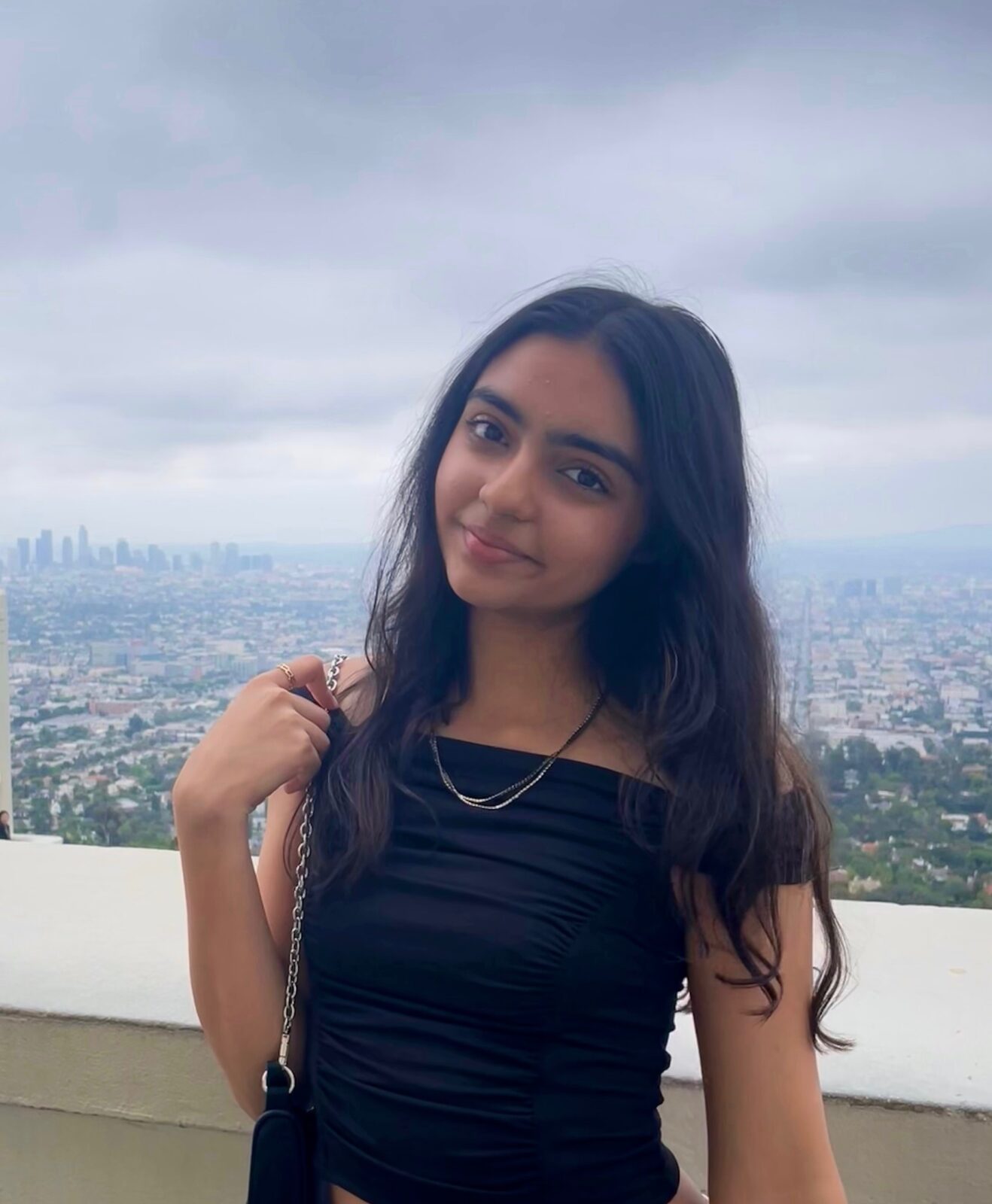
Co-founder, Food to Flourish
Barkha Bishnoi is a junior at Richard Montgomery High School in Montgomery County, Maryland. Her passion lies in ensuring and expanding opportunities to achieve food and nutrition security. As co-founder of Food to Flourish, she is excited to work with other like-minded individuals to create innovative solutions that make nutritious and wholesome food readily available for all.
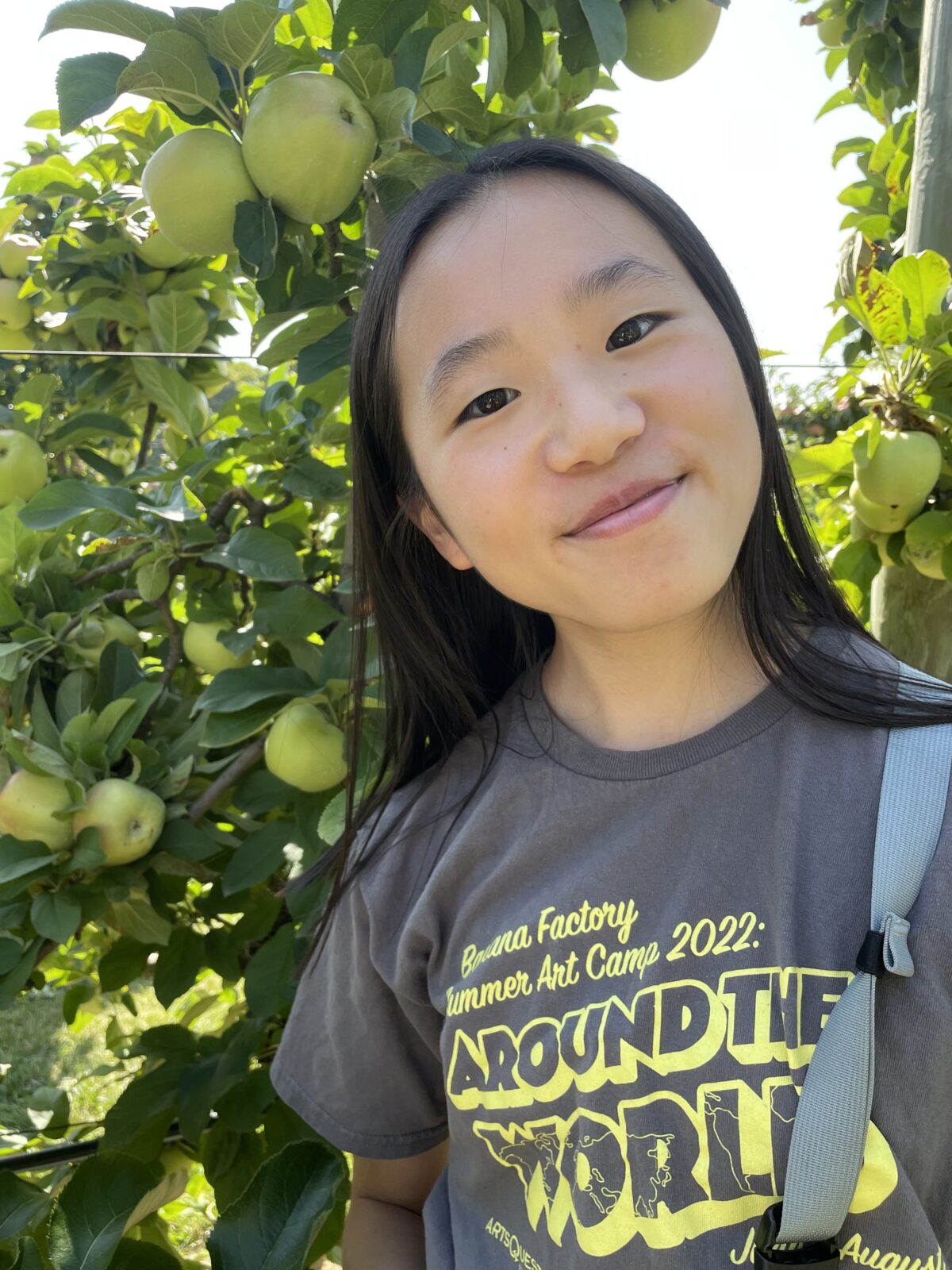
Co-founder, Food to Flourish
Maddie Yang is a sophomore at Moravian Academy in Bethlehem, Pennsylvania, and co-founder of the youth-led nonprofit, Food to Flourish, an organization dedicated to expanding nutrition access through a sustainable lens. She became interested in this field when the USDA deemed her town a food desert, and as an avid gardener and cook, she knew she had to take action.
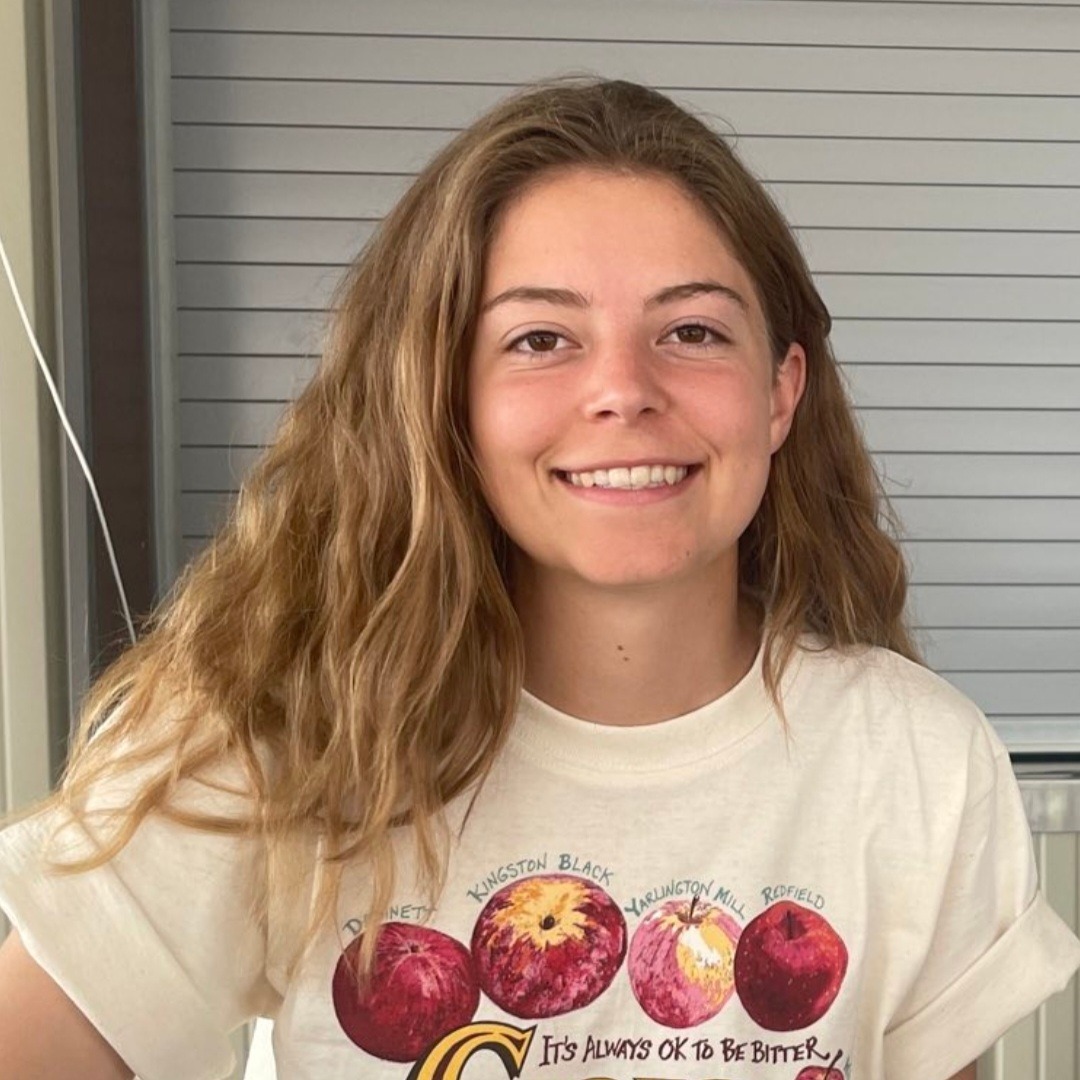
Orchard Manager, Seed Savers Exchange
Jamie Hanson’s journey into the world of horticulture began at the College of the Atlantic, where she cultivated a deep-seated passion for the historical significance of fruit trees and their cultivation. Her fascination with the intersection of history and horticulture set her on a lifelong journey to preserve and celebrate the legacy of these remarkable trees. As the orchard manager at Seed Savers Exchange, Jamie oversees the maintenance of two eight-acre apple orchards. Her daily responsibilities include collection management, comprehensive tree care, and historical research. Beyond her professional commitments, Jamie is an avid adventurer; when not tending to the orchards, you can find her cycling on local trails, hiking in the great outdoors, or working on craft projects.
Interview with George McLaughlin and Michael Washburn
In this heartfelt video, lifelong seed saver George McLaughlin, 35+ year Exchange Lister and RENEW community scientist, shares his journey from planting watermelon seeds in a sandbox as a child to becoming a steward of rare and heirloom varieties. Influenced by his parents, his wife Jerreth’s family, mentors, cultural experiences in Mexico, and years of hands-on experimentation, George reflects on the importance of patience, preservation, and passing knowledge to the next generation.
With specific reference to some of George’s favorite family heirloom varieties, the ‘Fowler’ bush bean, ‘Barksdale’ wax bean, and the ‘Warsaw Buff Pie’ pumpkin along with the playful exploration of bean crosses, George’s philosophy is clear: seeds, like people, need time and care to be understood.
Presented by Gwen Kvavli Gulliksen
From Indigenous people to Asia, England, and the Americas, the history of tea is rich in beauty and brutality. This session examines a school tea garden bed that focuses on the aesthetic aspects of growing native green and herbal botanicals and helps teach the historic healing aspects of tea with its meditative, calming, and focused energy qualities and cross-cultural connections. Attendees will learn how to create a tea garden from start to finish, including selecting varieties; laying out the bed; planting, growing, harvesting, and drying tea; and making special tea blends. Leave with delicious tea recipes to make your own blends and fresh tea infusions at home to share with family and friends.
Presented by Jon Jandai
In response to the growing erasure of farmer-led seed systems and seed diversity in Thailand, a collective of young farmers came together to establish Common Seed and cultivate a new movement of seed keepers, seed breeders, and living seed libraries throughout the country. Common Seed supports farmer seed self-reliance and revitalizes seed diversity through an alternative, decentralized seed distribution and knowledge exchange network that empowers Thai farmers to keep seeds in their own hands. This session will explore how Common Seed came to be, its current work, and its vision for supporting Thai seed keepers.
Presented by Mimzy Kemp
Learn how bugs help gardens thrive from the perspective of the Vermont Entomological Society’s youngest member! This engaging presentation will focus on insects’ role in pollination, pest control, and soil health—key elements in preserving heirloom plants and biodiversity. Six-year-old Mimzy will introduce the audience to her favorite garden bugs, sharing fun facts and colorful drawings she created to explore how these insects contribute to the health of heirloom varieties. Through her unique perspective as a young scientist, Mimzy will connect the importance of insects to Seed Savers Exchange’s mission of protecting plant diversity and fostering sustainable gardening practices. Her enthusiasm and charming artwork will inspire others to appreciate the interconnectedness of garden ecosystems and the critical role bugs play in preserving our natural heritage.
Presented by Joel Barthel
There are hundreds of open-air and living history museums in the United States. Many of these sites have land and a desire to cultivate (literally) gardens and fields with authentic heirlooms appropriate to the timelines they represent. In many cases, heirlooms or suitable proxies also exist. However, there is a disconnect between those who have the seeds and have the passion or expertise to grow them and those who are tasked with managing these sites. Learn how one passionate gardener began growing seeds at a local living history museum and how you can develop a similar relationship with your local open-air historical park.
Bonus Content Speaker Bios
Our featured participants are finalized and submitting bios and headshots. This page will be updated as information is confirmed and turned in.
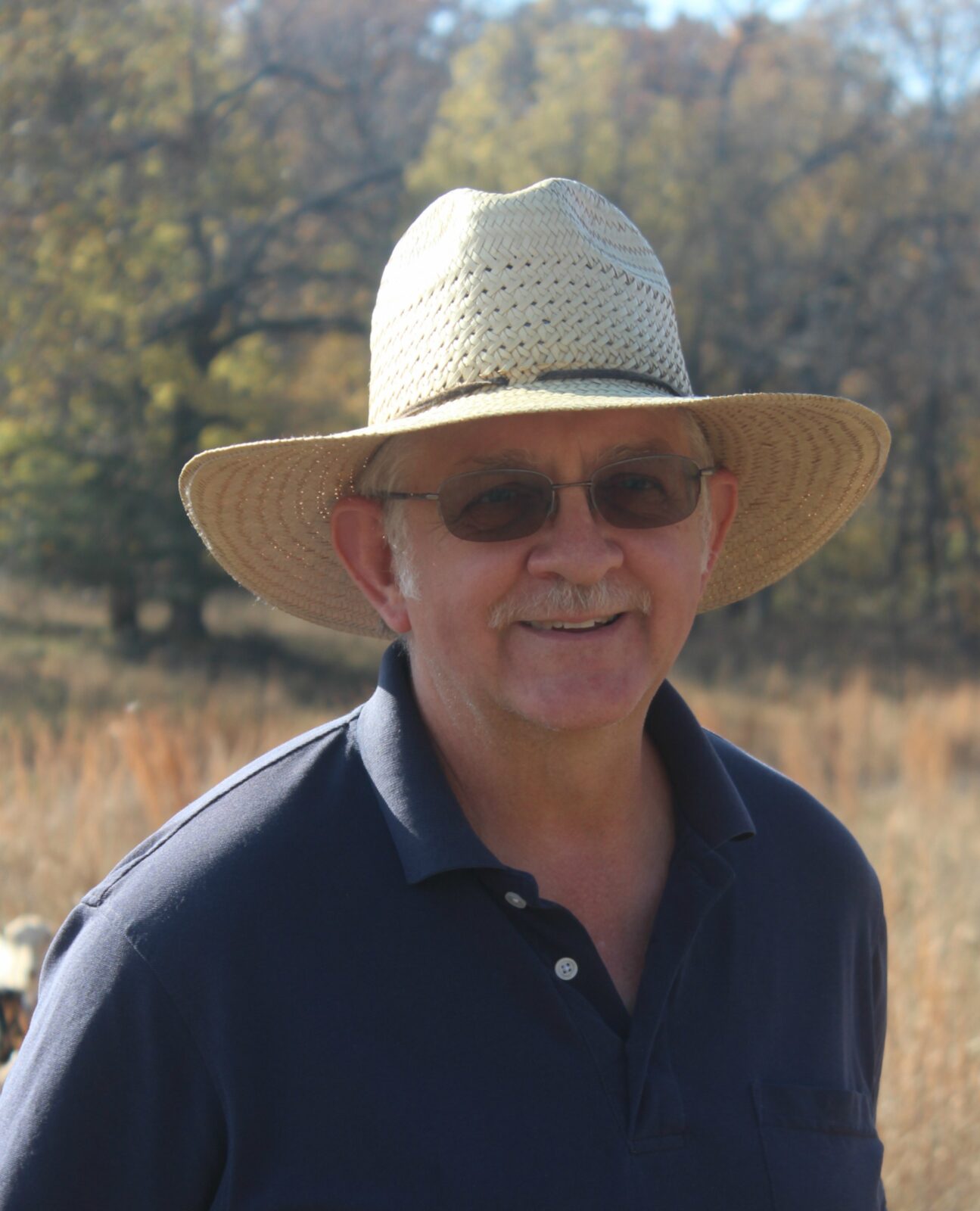
Exchange Lister
George and his wife, Jerreth, have listed on The Exchange, Seed Savers Exchange’s gardener-to-gardener seed swap, since 1985.
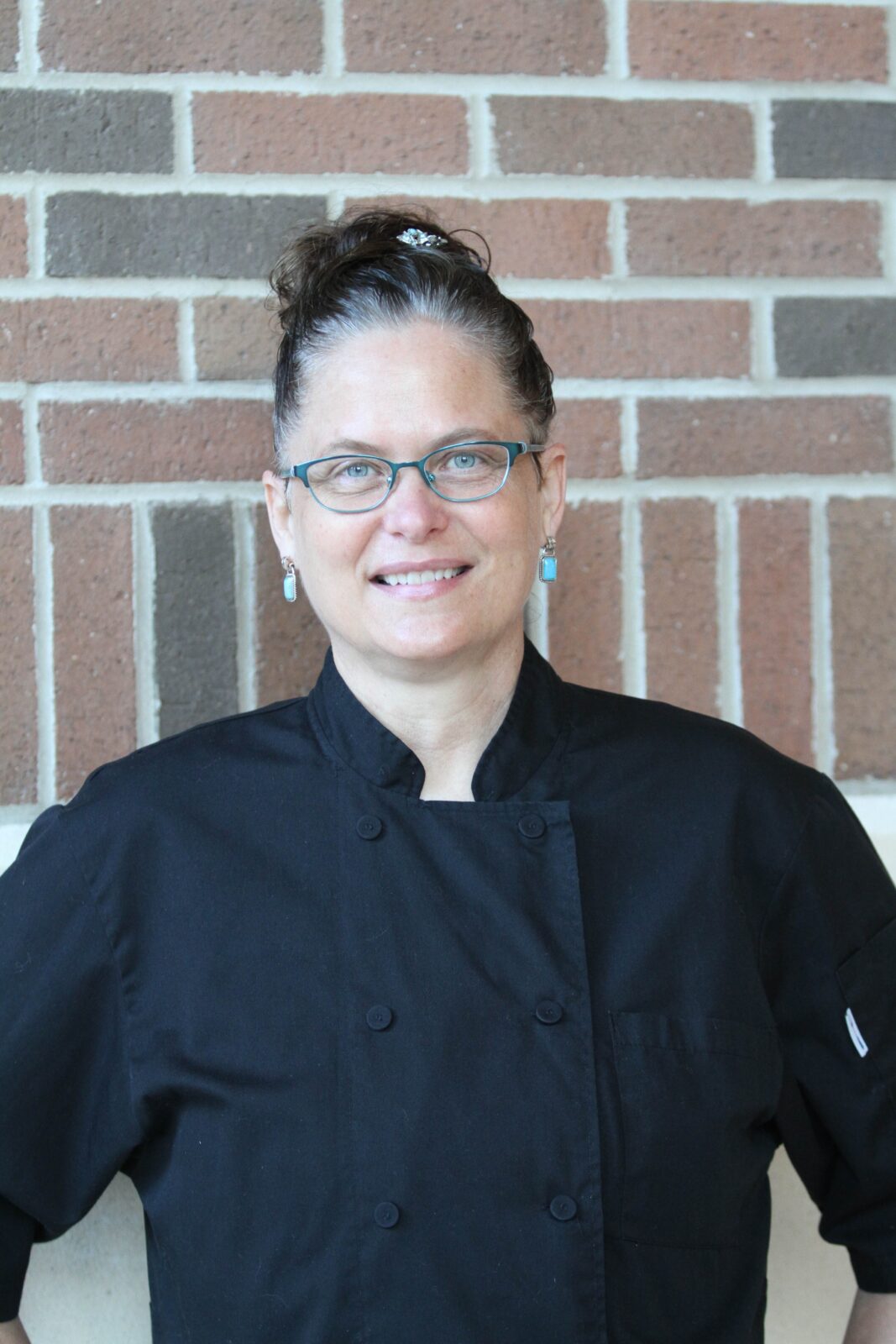
Chef, Farm Consultant, Professor
Gwen Kvavli Gulliksen has worked with small, sustainable family farmers for over 30 years as a fine dining chef, specialty foods executive, small farm consultant, college culinary arts professor, and high school culinary arts teacher. She has championed and/or grown heirloom foods and saved seeds in all her roles. Currently, Gwen works at an inner-city, all-girls leadership school, where she hosts four large garden beds funded by multiple grants and takes students on multiple field trips to small farms annually.
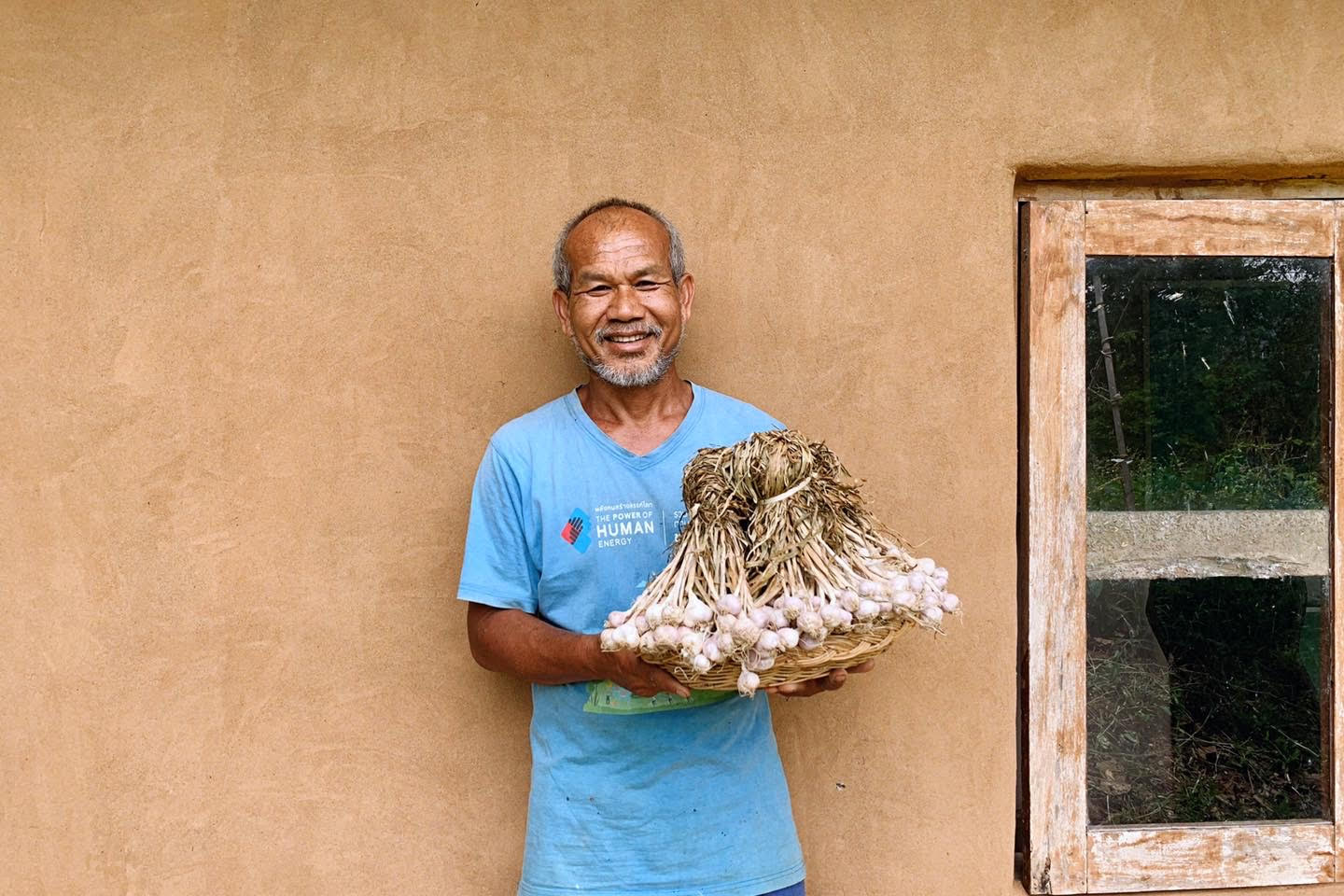
Farmer, Seed Saver, Community Activist
Jon Jandai is a farmer, earthen builder, seed saver, teacher, father, and community activist from Thailand’s Isan region. He co-founded the Pun Pun Center for Self-Reliance in Chiang Mai, a community-based seed and learning center focused on the practice of sustainable living through seed saving and exchange, agricultural knowledge sharing, and earthen building. Pun Pun offers training and volunteer experiences to those interested in learning to live self-sufficiently. Jon’s most recent project, Common Seed, seeks to return seeds to farmers’ hands and restore agricultural biodiversity by establishing a national network of rural seed keepers.
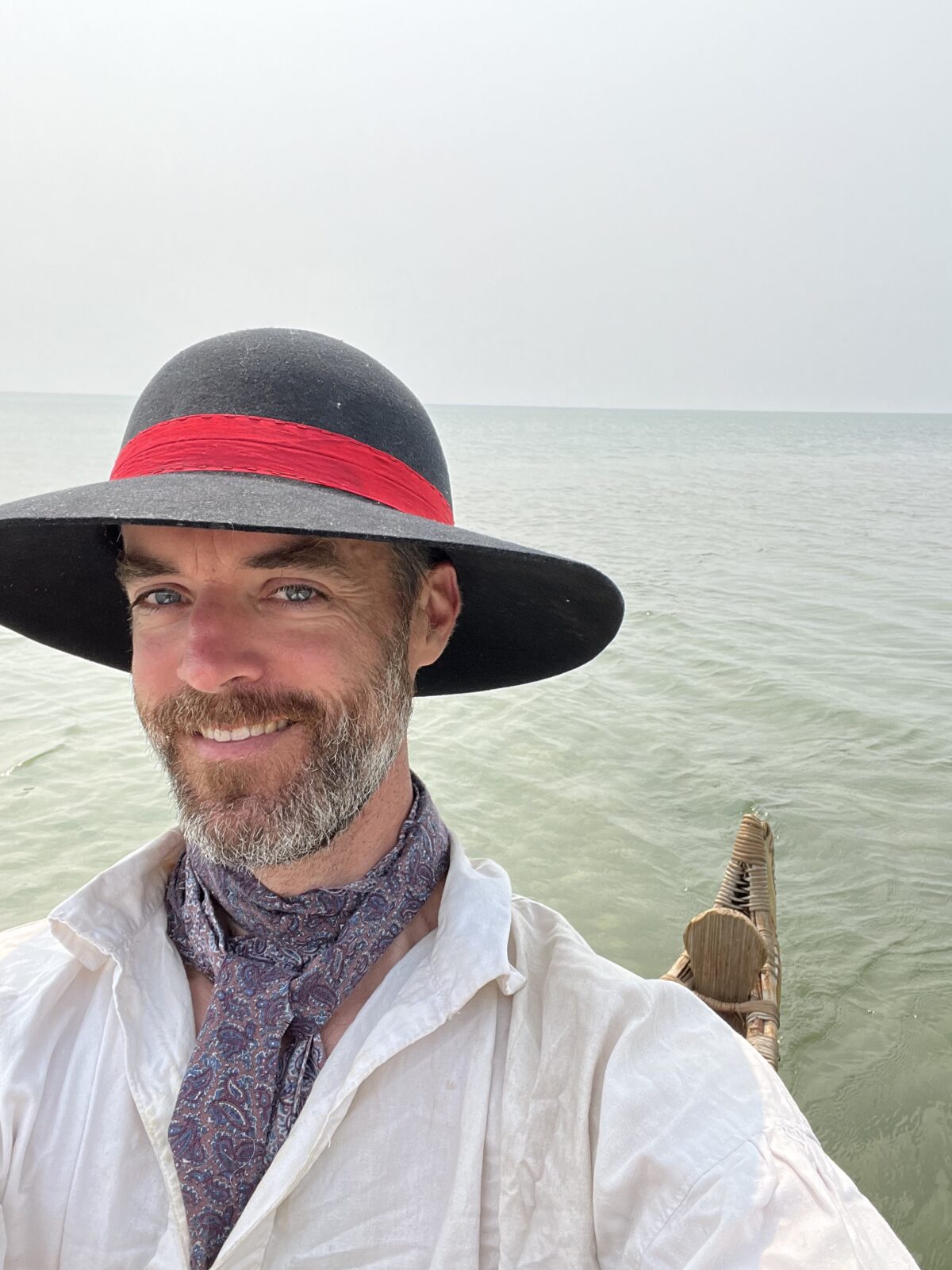
Educator
Joel Barthel is a professional educator who has served in public and private schools for the past two decades. Although his educational background, experiences, and teaching loads center around chemistry, physics, and environmental sciences, he has a passion for history and the outdoors as well. This passion inspired him to volunteer and take on part-time or seasonal work with historic parks. He built a historical impression of an 18th-century habitant in the “upper country” and had the opportunity to plan, experiment with, and execute a historical garden each year.
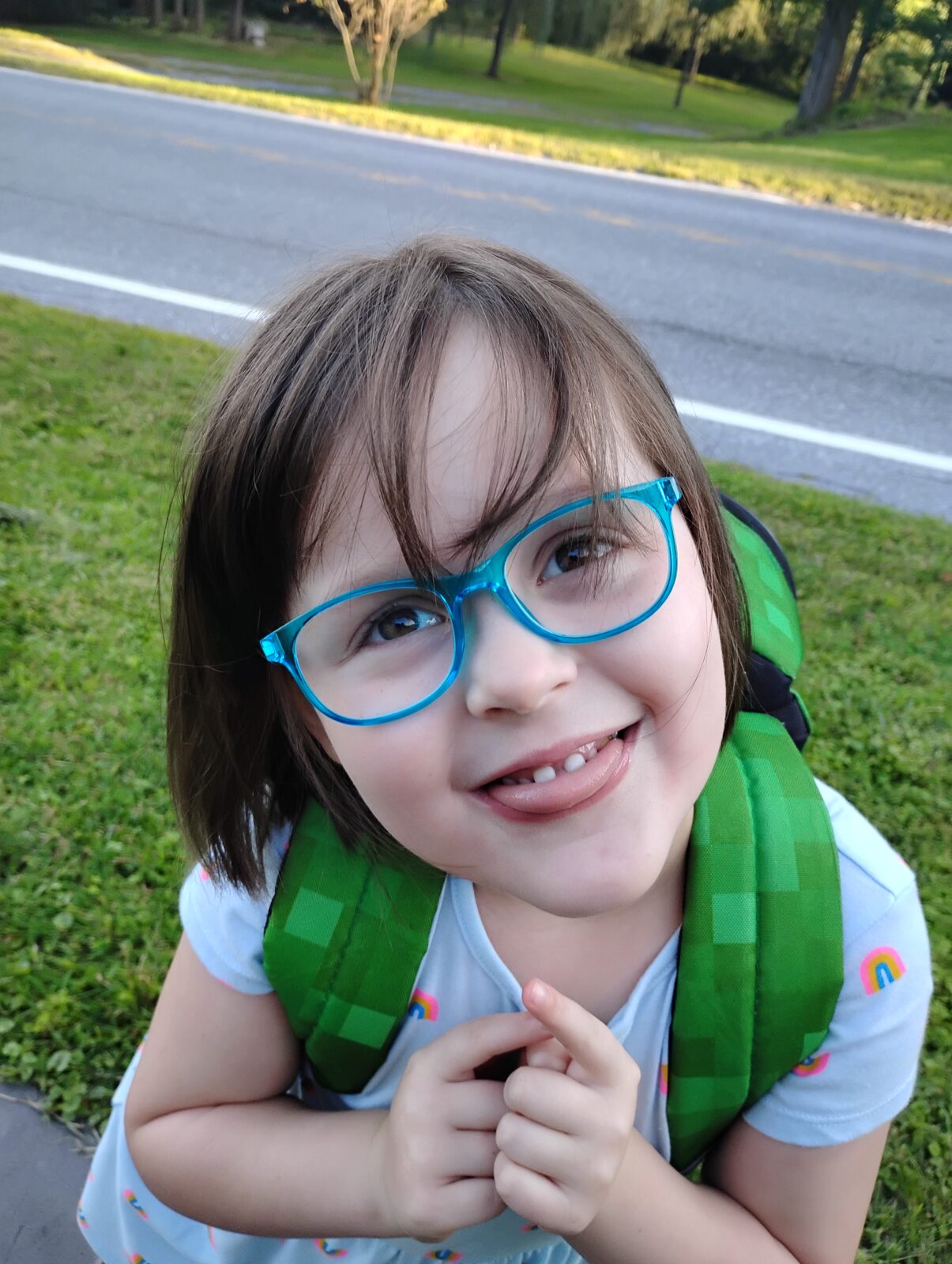
Six-Year-Old Scientist
Mimzy is a six-year-old scientist with a boundless passion for insects. As the youngest member of the Vermont Entomological Society, she has spent countless hours observing, learning about, and drawing bugs. Her love for insects has even inspired her mom, Mercedes, who initially disliked bugs, to see their beauty and importance. Mimzy’s mission is to share how bugs play a vital role in gardening and why we should celebrate them as our garden friends.
Day one, “Growing Together: The Past,” is dedicated to honoring the foundations and legacies that have shaped our agricultural practices, connecting us to traditions and ancestries that continue to influence our work today. By examining the past of the seed community through both celebratory and critical lenses, we aim to foster a deeper understanding of our roots and their impact on contemporary practices.
Presented by Catrina Fenton
Explore the background and work of Europe’s oldest seed “bank,” the Heritage Seed Library. This session will give insight into why it is a library and not a bank, sharing what goes on behind the scenes and the stories behind the collection. It will also examine how the Heritage Seed Library is expanding this important conservation activity, working with volunteer “seed guardians” to bring more open-pollinated varieties back from the brink for future resilience.
Presented by Lauren Beatty
Seeds are more than life; they are memory, resilience, and the future in waiting. Women have long been their keepers, nurturing culture and legacy through the smallest of vessels. This session weaves stories of seeds saved in freedom and confinement—from enslaved women braiding survival into their hair to incarcerated women planting hope in prison gardens. Together, we’ll explore the feminine art of preserving life and culture across generations. Attendees will leave inspired by these stories and rooted in the knowledge that every seed carries the power to transform.
Presented by LaNoana Odom
Explore how ancestral seed practices and agricultural traditions from Jamaica to the United States have shaped modern sustainability efforts. This session examines the intersection of culture, history, and agriculture, showcasing preserved and rediscovered seed stories from family lineage and beyond. Attendees will gain insights into the importance of honoring ancestral wisdom while adapting to modern environmental challenges.
Presented by Jeremy Gill
This presentation explores the career of horticulturist Dr. Albert Yeager, including his plant experiments at North Dakota State University that focused on breeding regionally adapted garden varieties for the Upper Great Plains region. Specifically, it highlights the impacts of his ‘Bison’ tomato on gardeners in this region. Additionally, this session highlights an online community that encourages people to research Yeager and experiment with his varieties in their own gardens.
Presented by Sara Straate, SSE seed historian
After Kent Whealy and Diane Ott Whealy founded SSE, home gardeners began to send their own treasured seeds to entrust for future preservation. Learn how this collection of seeds, plants, and stories has grown over the past 50 years, how it continues to evolve, and how staff continue to research the genetic and cultural diversity held within.
Day 1 Speaker Bios
Our featured participants are finalized and submitting bios and headshots. This page will be updated as information is confirmed and turned in.
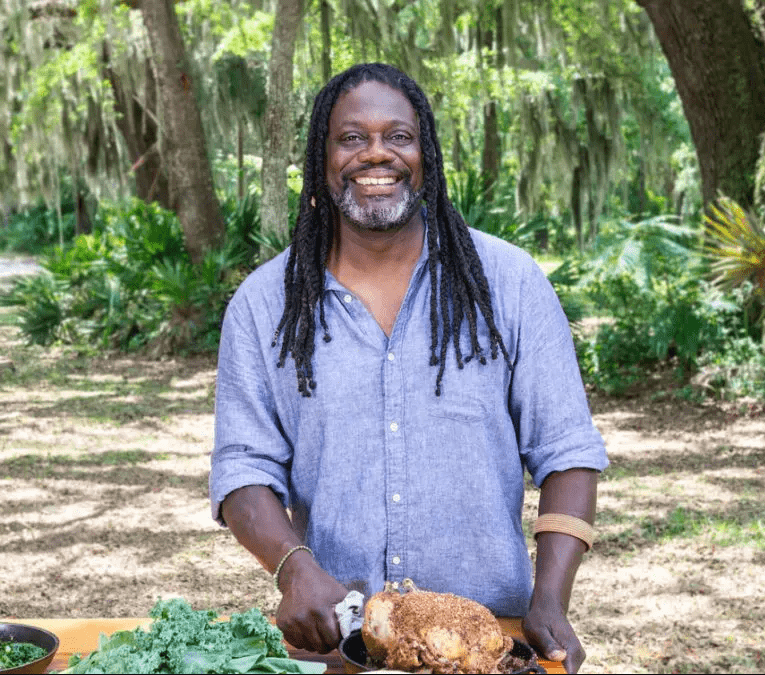
Chef, Farmer, Cookbook Author
Matthew Raiford is the chef/owner and sixth-generation farmer at Gilliard Farms, a sibling-run sustainable farm in Brunswick, GA, which has been owned and operated by his family since 1874. Matthew is the author of Bress ‘n’ Nyam and is a descendant of the Freshwater Gullah Geechie, which is what his cookbook is based on. He has a culinary arts degree from The Culinary Institute of America in Hyde Park, NY, and a certificate in ecological horticulture from the University of California Santa Cruz, and The Center for Agroecology and Sustainable Food Systems.
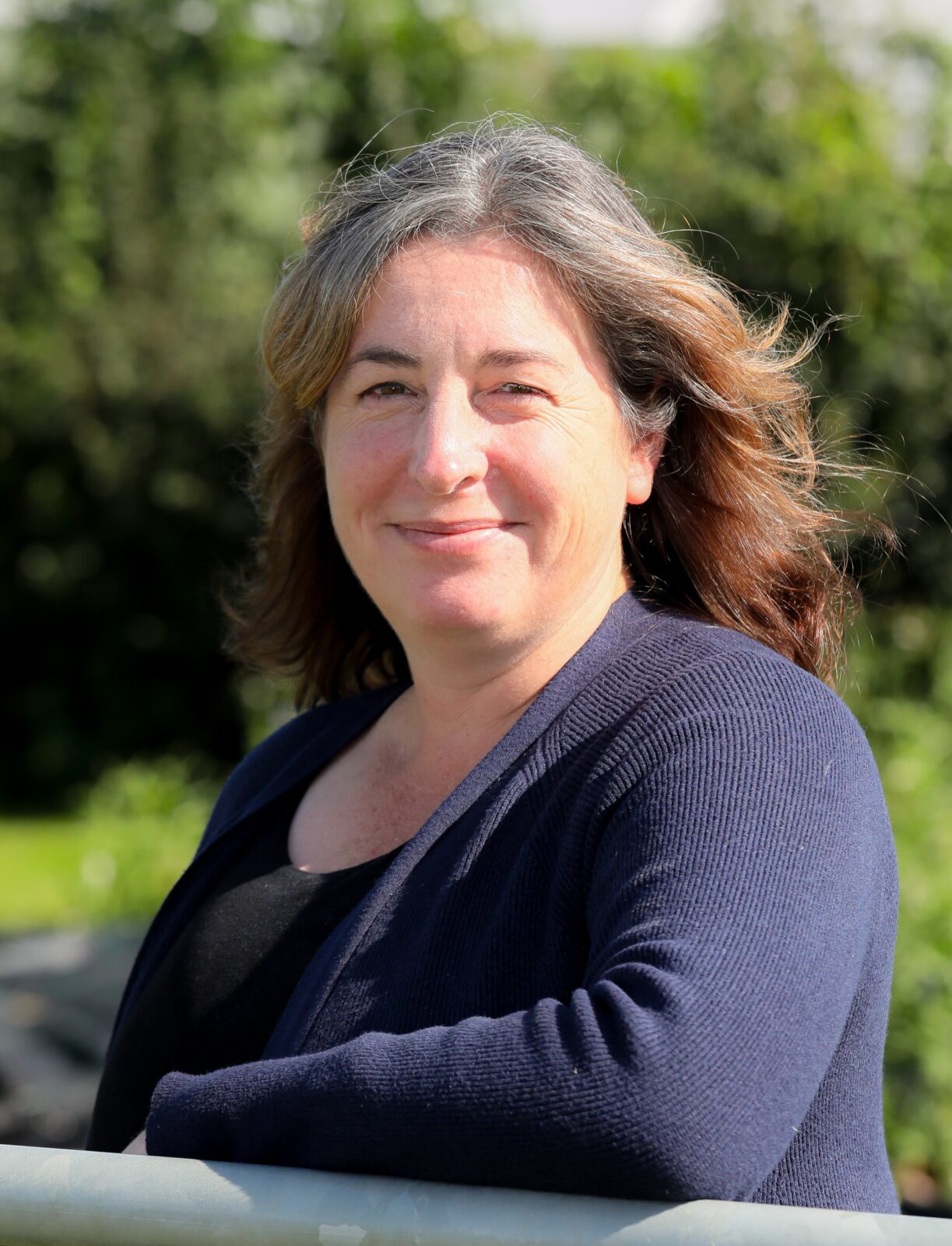
Head of Garden Organic’s Heritage Seed Library
Catrina Fenton is head of Garden Organic’s Heritage Seed Library, managing the United Kingdom's national, living collection of heritage vegetable varieties. She oversees the task of finding, conserving, and sharing seed at risk of disappearing, and is passionate about the importance of both preserving cultivated biodiversity and promoting seed-saving skills.
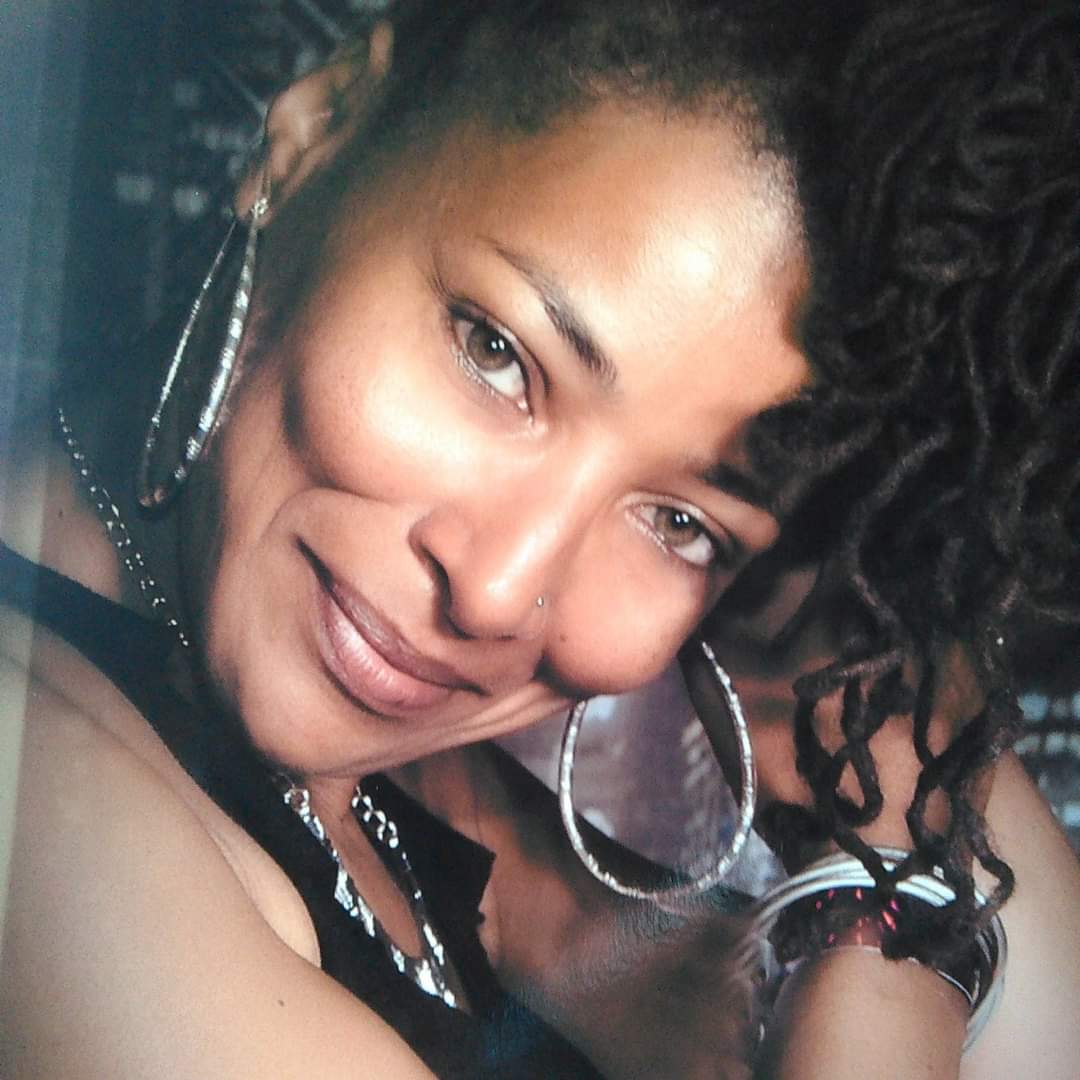
Founder and Executive Director, Sowing Good Seeds
LaNoana Odom is the founder and executive director of Sowing Good Seeds, The Butterfly Effect Foundation, which works to change lives through good thoughts, good words, good deeds, and, of course, good seeds. She has 30-plus years of Fortune 100 business experience and serves as a multi-disciplinary community organizer, wellness advisor, life coach, social justice advocate, artist, farmer, and trainer. LaNoana’s overall mission is to increase access to “good” nutrition, be it food or information, and create momentum for the “healthy food movement.”

Program Manager, Land Together
Lauren Beatty is the program manager for Land Together, where she oversees ecological education, cultural preservation, and leadership programs at the Central California Women’s Facility (CCWF), the largest women’s prison in the world. A certified herbalist, educator, and advocate for environmental and social justice, Lauren works at the intersection of storytelling, food justice, and ecological resilience. She spearheaded initiatives like the CCWF-Alcatraz seed-sharing project, which bridges landscapes of confinement and transformation. Through workshops, panels, and podcasts, Lauren amplifies the voices of incarcerated women, fostering empowerment through gardening, seed saving, and reclaiming cultural agency.
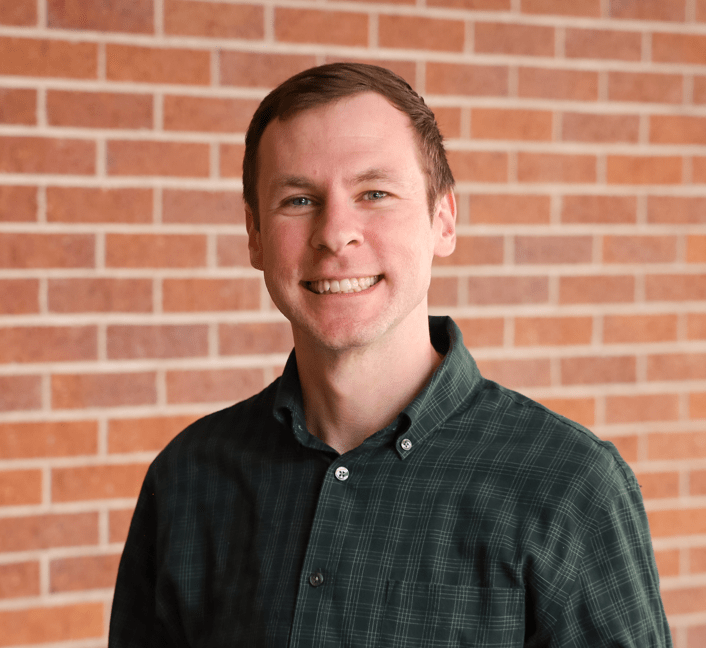
Historian and Extension Master Gardener
Jeremy Gill is a historian and an Extension Master Gardener from Kansas who blends his passion for history and horticulture to uncover and share fascinating stories about gardening, especially on the Great Plains. He currently works as a library specialist and adjunct university history instructor.
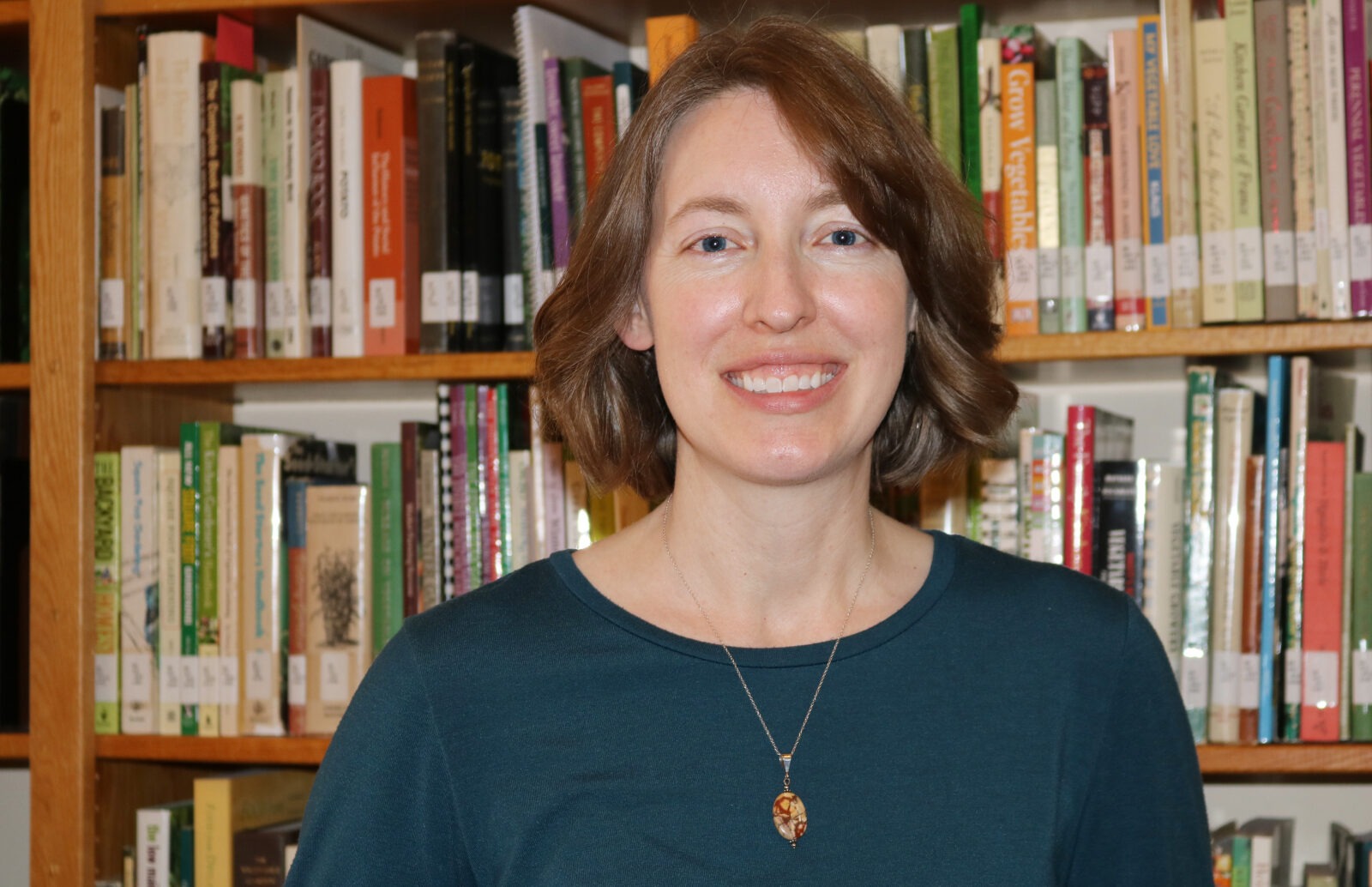
Seed Historian, Seed Savers Exchange
Since 2011, Sara Straate has served as the seed historian at Seed Savers Exchange, where she coordinates historical research for the seed bank collection. By gathering donor perspectives and histories of stewardship, foodways, and garden traditions, this research enhances SSE’s knowledge about our seed collection. These seed stories also help connect and engage SSE’s audience of home gardeners. Sara has an undergraduate degree in horticulture from Iowa State University.
Day two, “Growing Together: The Present,” will be dedicated to exploring the current landscape of seed technology, breeding projects, and the challenges and successes faced by communities worldwide. This day offers a comprehensive snapshot of contemporary advancements and issues in the field, providing a platform for knowledge exchange and collaboration.
Learn about the determined efforts of tribal communities to secure food systems amid challenging times. In the wake of recent federal funding uncertainties, tribal initiatives have emerged as beacons of self-reliance, rooted in community-based strategies and traditional knowledge. This keynote highlights inspiring projects and community-led solutions that strengthen and reinforce food sovereignty. Discover how collaboration and cultural strength can nurture resilient, sustainable food networks—and empower communities to nourish their neighbors while building a future grounded in mutual support and collective progress.
Presented by Adam Alexander
Across the world, chefs, farmers, plant scientists, and everyday growers are doing something extraordinary: creating new generations of fruit, vegetables, and cereals that will flourish locally, taste delicious, increase diversity, and contribute to a sustainable and robust food future.
In this illustrated talk, award-winning film and television producer Adam Alexander dons his seed-detective homburg hat to meet 21st-century seed heroes around the world who are both championing traditional varieties and breeding delicious, resilient new ones better equipped to deal with the shocks of a changing climate. Alexander will spotlight some of the most inspiring seed heroes around the world—from India to Wales, across Europe, to southern Albania, and into Ethiopia—to remind attendees that Indigenous cultures and rural communities have been expertly breeding seeds for millennia, celebrating locally and sustainably grown produce that is the foundation of all our food cultures.
Presented by Sarah Salvatore
Urban farming isn’t just about growing food—it’s about reclaiming land, restoring health, and building stronger communities. This presentation uses Eartha’s Farm and Market in Jacksonville, Florida, as a case study to break down why urban farming matters, especially in underserved communities, and how it can be a powerful tool for healing both people and the environment. The farm sits on land that was once an incinerator ash dump site—causing serious environmental harm to a predominantly Black neighborhood and leading to long-term health issues and economic decline—but is today, after an extensive cleanup effort and FDA approval, producing fresh, nutrient-dense food and serving as a hub for community engagement and education.
Attendees will learn why urban farming is essential for food access and community resilience, what environmental and social harm has been done to underserved communities, how to heal the land and people by engaging in urban agriculture, and why how we farm in urban spaces matters.
Presented by Dan Brisebois
Growing seed on your farm is easier than you may think—and this session will show you exactly how to do it! It will start with seed biology basics, then dive deeper into a few crops to illustrate exactly how to integrate seed production into a vegetable or cut-flower farm. Finally, you’ll learn how to select your seed plants and how to adapt varieties to your farm and even create new varieties!
Presented by Stephen Stresow-Cortez
Whether talking about people or plants, diversity is an asset that strengthens systems. In Central Michigan, the Greater Lansing Food Bank Garden Project supports a network of over 6,000 gardeners across 90 community gardens. Several of the gardens are tended primarily by immigrants and refugees, who use the spaces to create a sense of home, generate income, preserve food, save seeds, and create pollinator habitats. This session explores how these gardeners build resilience in the face of challenges by embracing plant biodiversity and international seed-saving and exchange networks.
Presented by Breanna Bertacchi
Land developments can threaten historic gardens and parks in small towns and big cities alike. This workshop will encourage attendees to reflect on greenspaces in their communities that may be endangered and equip them with resources to navigate challenges or barriers to protecting those spaces. Specifically, it will provide communication strategies and skills to work within community-based organizations to critically assess greenspace protection and improvement.
Day 2 Speaker Bios
Our featured participants are finalized and submitting bios and headshots. This page will be updated as information is confirmed and turned in.
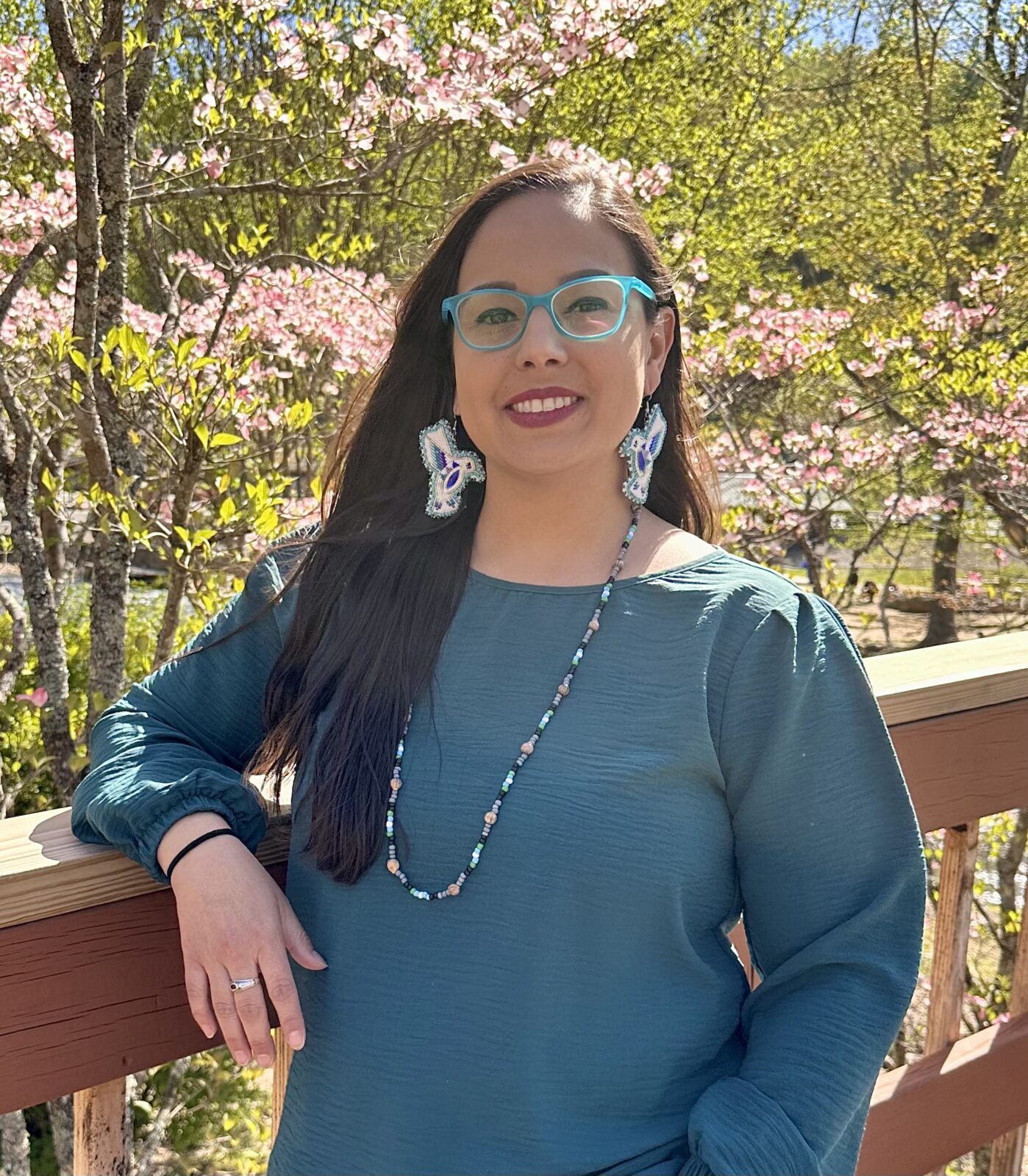
Founder, Hokte Land Relations Consulting LLC
Desirae Abella is an enrolled member of the Muscogee (Creek) Nation and of Omaha descent. She is the founder of Hokte Land Relations Consulting LLC and has over eight years of experience in agricultural and natural resource conservation, with the past four years focused on Tribal communities. Her work includes roles with the Eastern Band of Cherokee Indians, and the USDA Natural Resources Conservation Service. Desirae lives in North Carolina on the ancestral homelands of the Cherokee and is deeply passionate about tribal sovereignty and empowering Indigenous communities through land-based relationships.
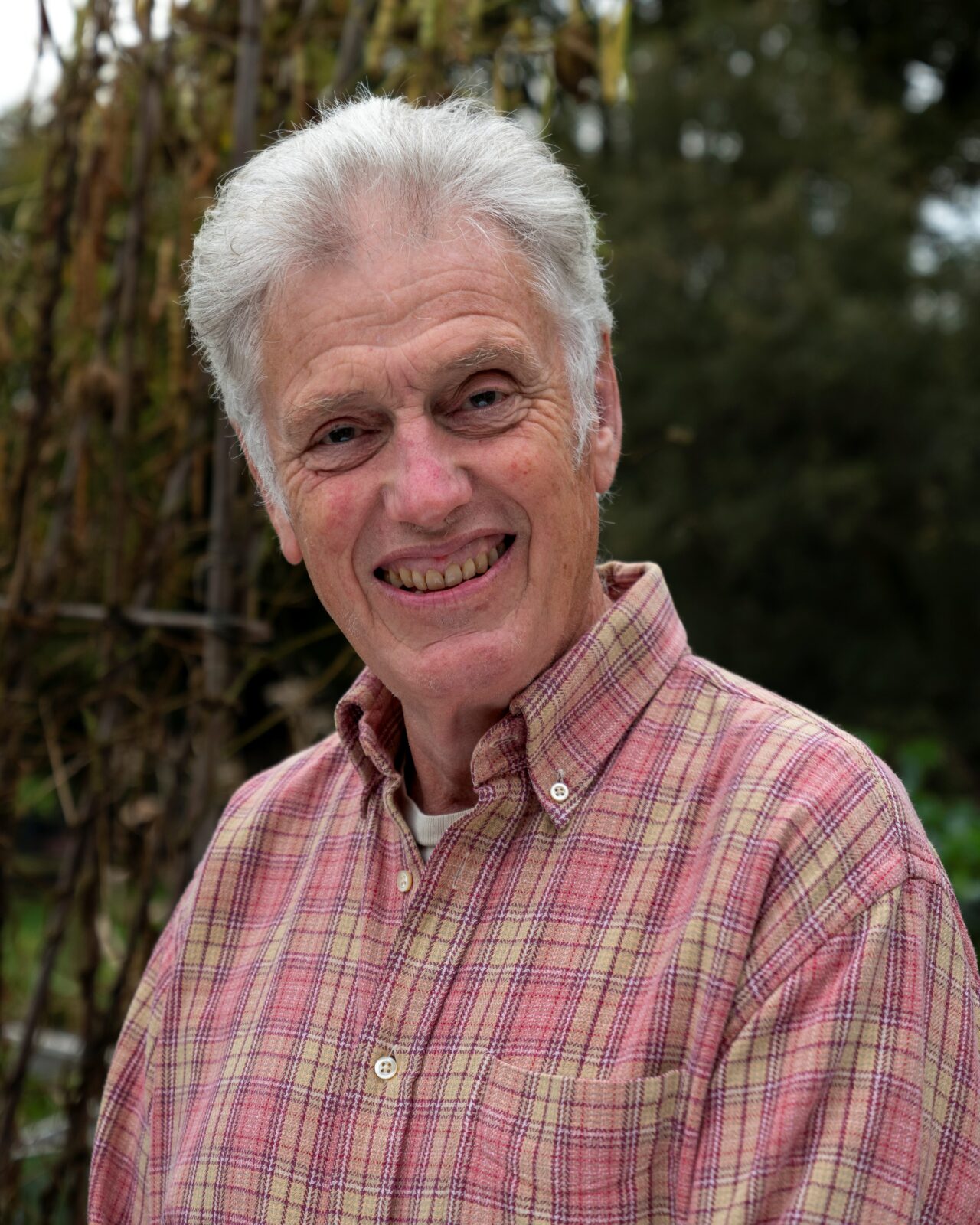
Author and Producer
Adam Alexander is a consummate storyteller, thanks to a 40-year career as an award-winning film and television producer. He lectures widely on his work discovering, conserving, and sharing rare and endangered garden crops. Adam grows seed of heritage Syrian and Ukrainian vegetables for displaced people in the United Kingdom and beyond and maintains a library of some 500 vegetables that he has collected over 35 years, growing out more than 40 varieties every year to refresh his collection and share with fellow gardeners. He is also a seed guardian for the Heritage Seed Library, part of Garden Organic in the United Kingdom, and director of the Our Food 1200 initiative. His latest book, THE ACCIDENTAL SEED HEROES, is on sale this September and is available for preorder now. THE SEED DETECTIVE, a Radio 4 Food Programme "Book of the Year," was released in 2022. Both are published by Chelsea Green.
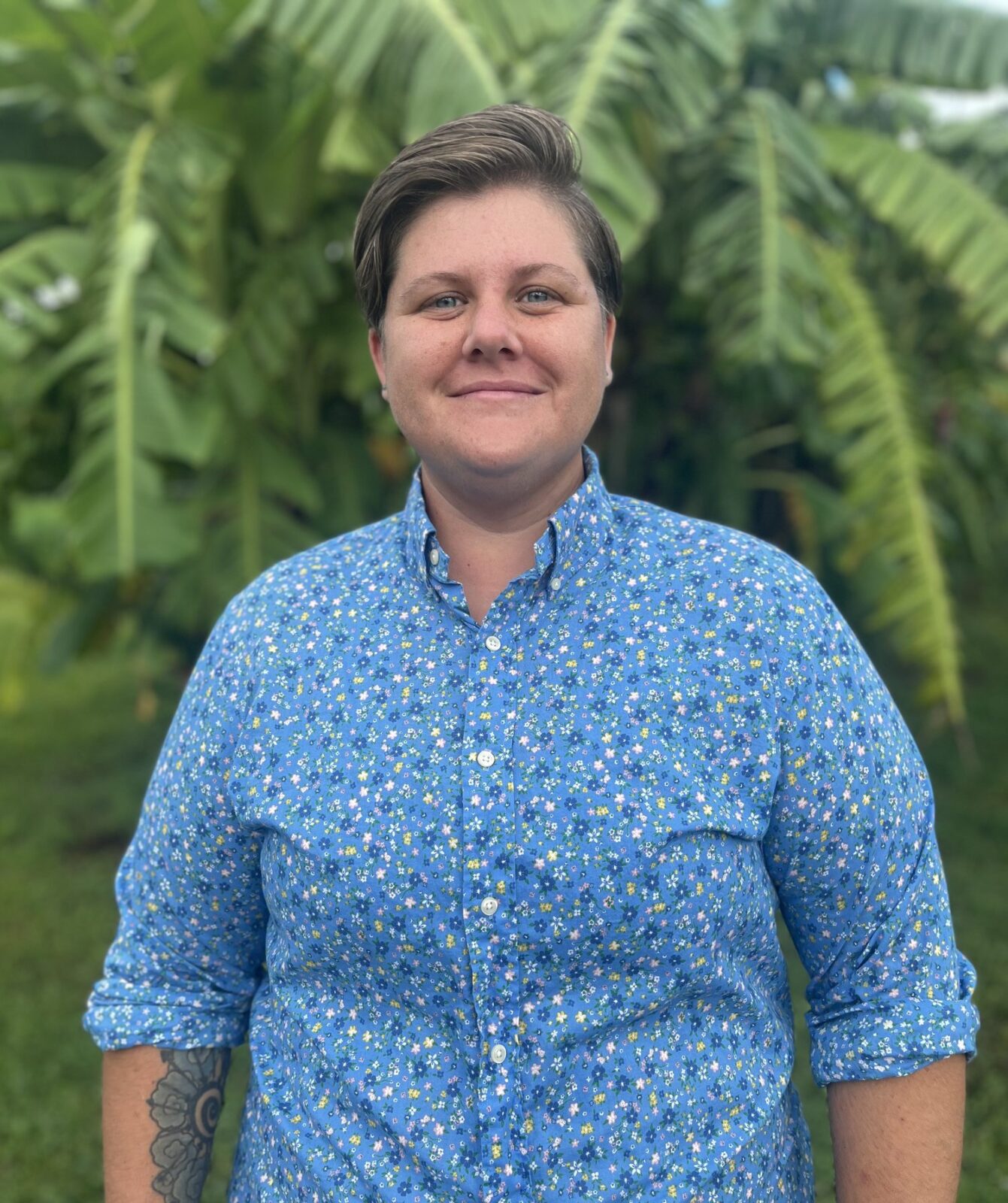
Director, Eartha's Farm and Market
Sarah Salvatore is the director of Eartha’s Farm and Market, a nonprofit in Jacksonville, Florida, that fosters urban communities where sustainable agriculture, local food systems, and community wellness intersect. Her passion for land, plants, and food was shaped by her rural Midwest upbringing in south-central Ohio, where Sarah’s weekends were spent snapping green beans, canning tomatoes, and processing deer meat. In 2008, Sarah left her small town to pursue a degree in sociology at Otterbein University. While there, she became actively involved in urban agriculture and food security, volunteering at the university’s garden and a local community garden nonprofit supporting refugees. Over the past six years, she has implemented grants to advance soil biological farming practices, expand food access, and engage underserved youth and adults in urban agriculture. Sarah believes all people deserve access to affordable, nutritiously dense foods and an environmentally safe place to eat, live, play, and grow.
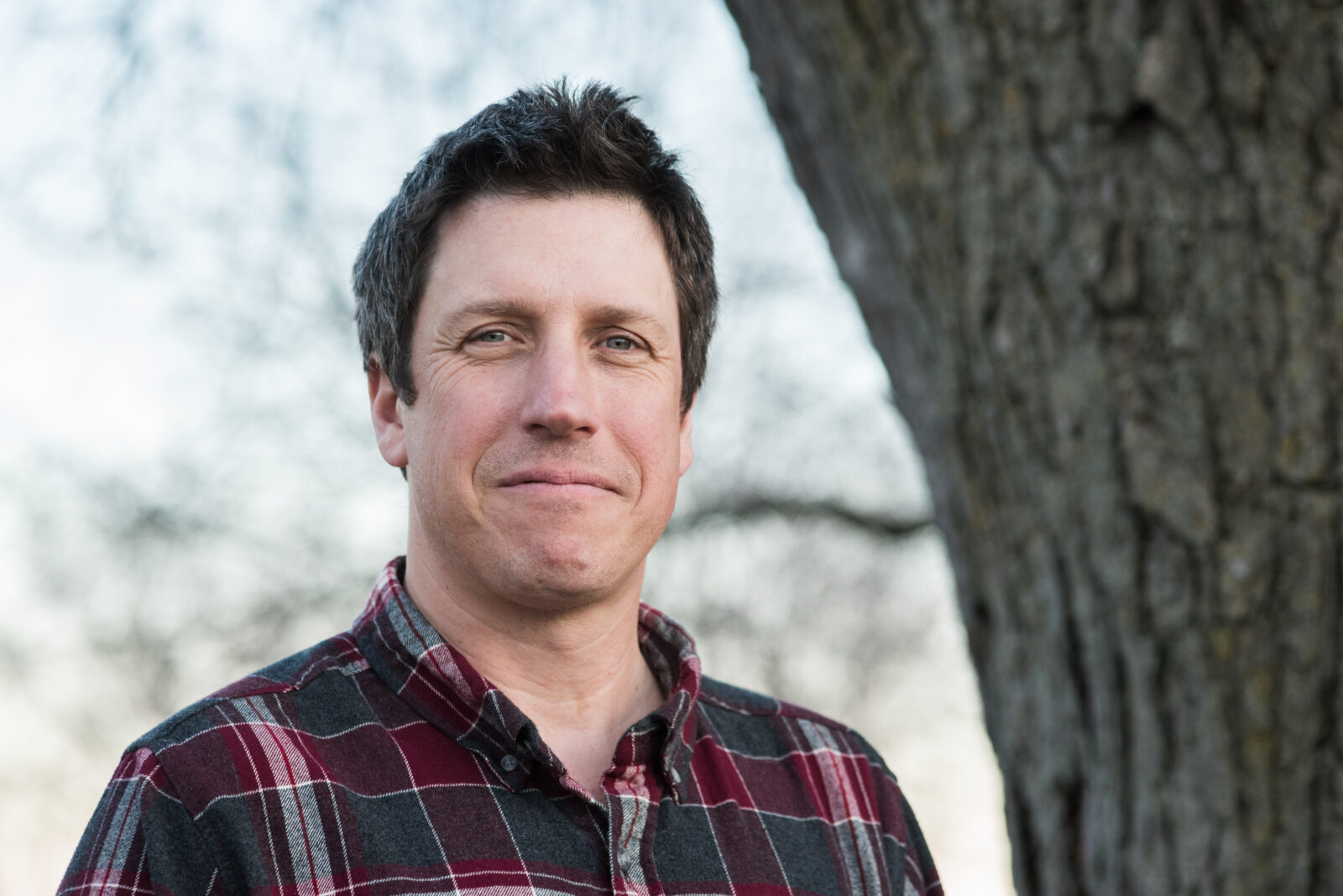
Author and Podcast Host
Dan Brisebois is the author of THE SEED FARMER, co-author of CROP PLANNING FOR ORGANIC VEGETABLE GROWERS, and hosts the SEED FARMER podcast. He also runs the Farmer Spreadsheet Academy and blogs about farming and seeds at www.DanBrisebois.com. Dan is a founding farmer at Tourne-Sol co-operative farm in Les Cèdres, Quebec, Canada. Tourne-Sol grows organic seeds for an online seed store and a wholesale rack program, as well as organic vegetables for 500 weekly veggie baskets.
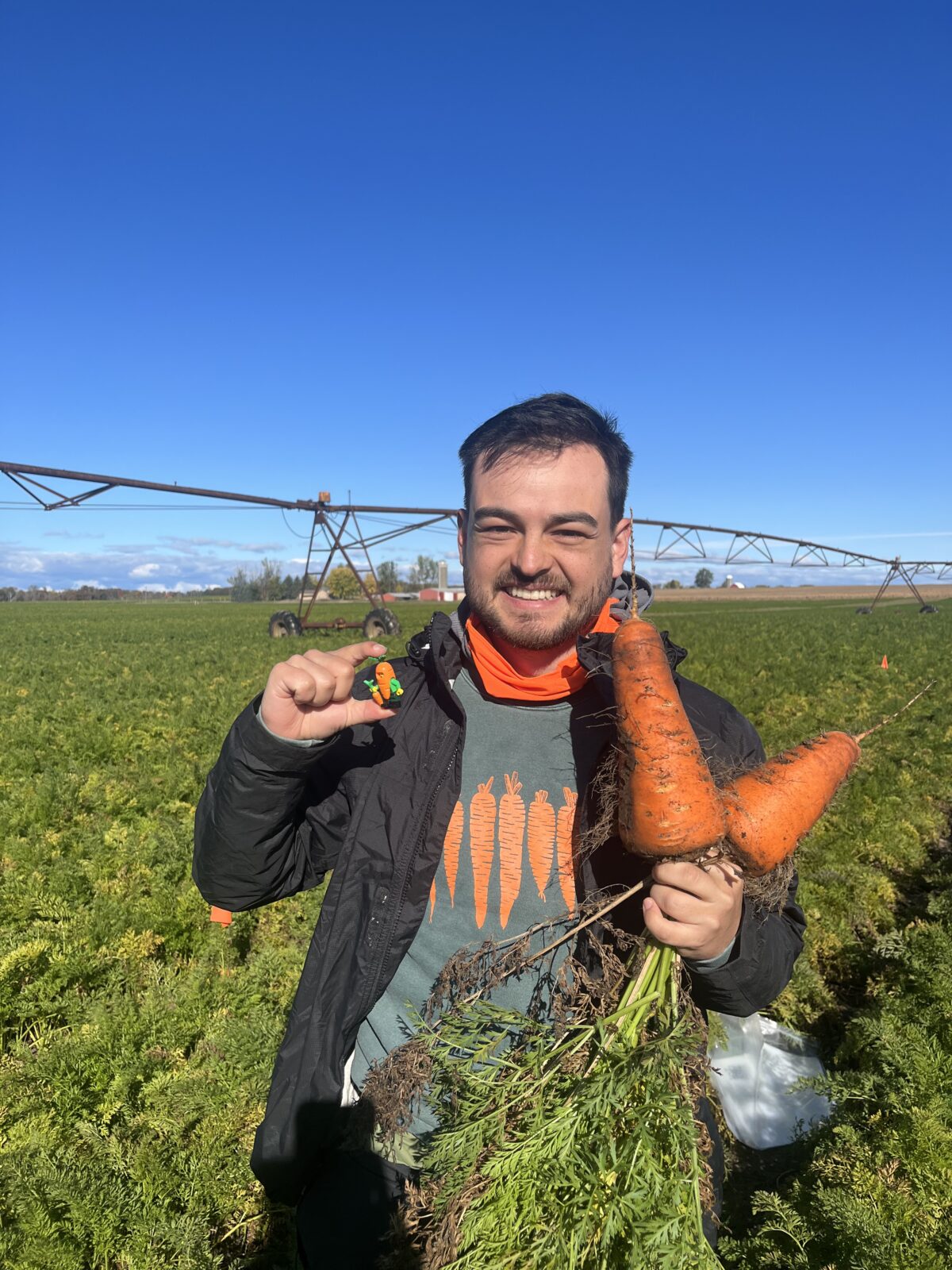
Sustainable Agriculture and Food Systems Fellow
Stephen Stresow-Cortez began gardening as a middle schooler in El Paso, Texas, in the heart of the Chihuahuan Desert. He holds a bachelor’s degree and a master of professional studies degree in horticulture from Cornell University. He is currently a doctoral student and Sustainable Agriculture and Food Systems Fellow at Michigan State University. His dissertation, “Up High, Down Low, Too Slow: Agroecological Nutrient Management in Organic Vegetable Production,” takes a bird’s-eye view of how we grow food, how those growing practices affect soil health, and how we can speed up an agroecological transition.
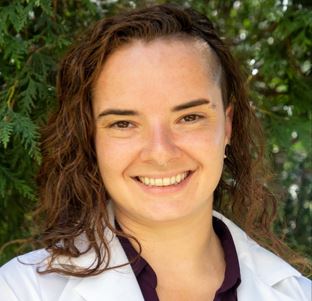
Greenspace Revolution
Originally from California but raised in the cornfields of Ohio, Breanna Bertacchi now resides on the South Side of Chicago. When they’re not gardening, they’re bike camping, volunteering with their neighborhood Chicago parks and environmental groups, reading, or (most likely) swimming. Currently, Breanna is focusing on incorporating greener living into their life, including hen-keeping, composting, foraging, and seed saving.
Still need to register?
There is still time to register for the virtual conference series and Seed Savers Exchange's in-person 50th-anniversary conference and celebration to be held at Heritage Farm in Decorah, Iowa August 8-9, 2025. Click the buttons to learn more. We'll see you there!